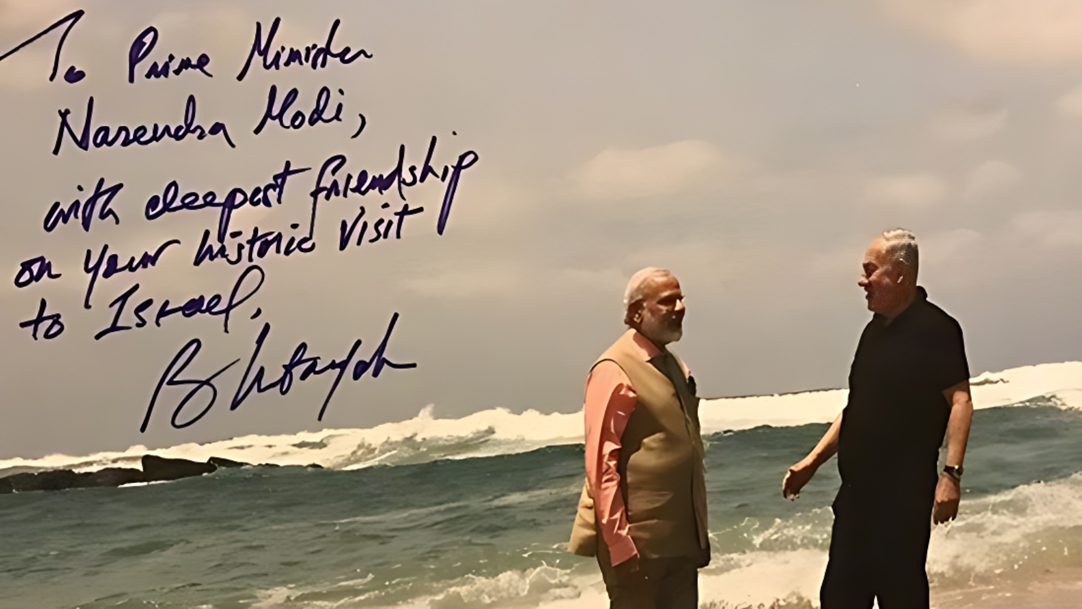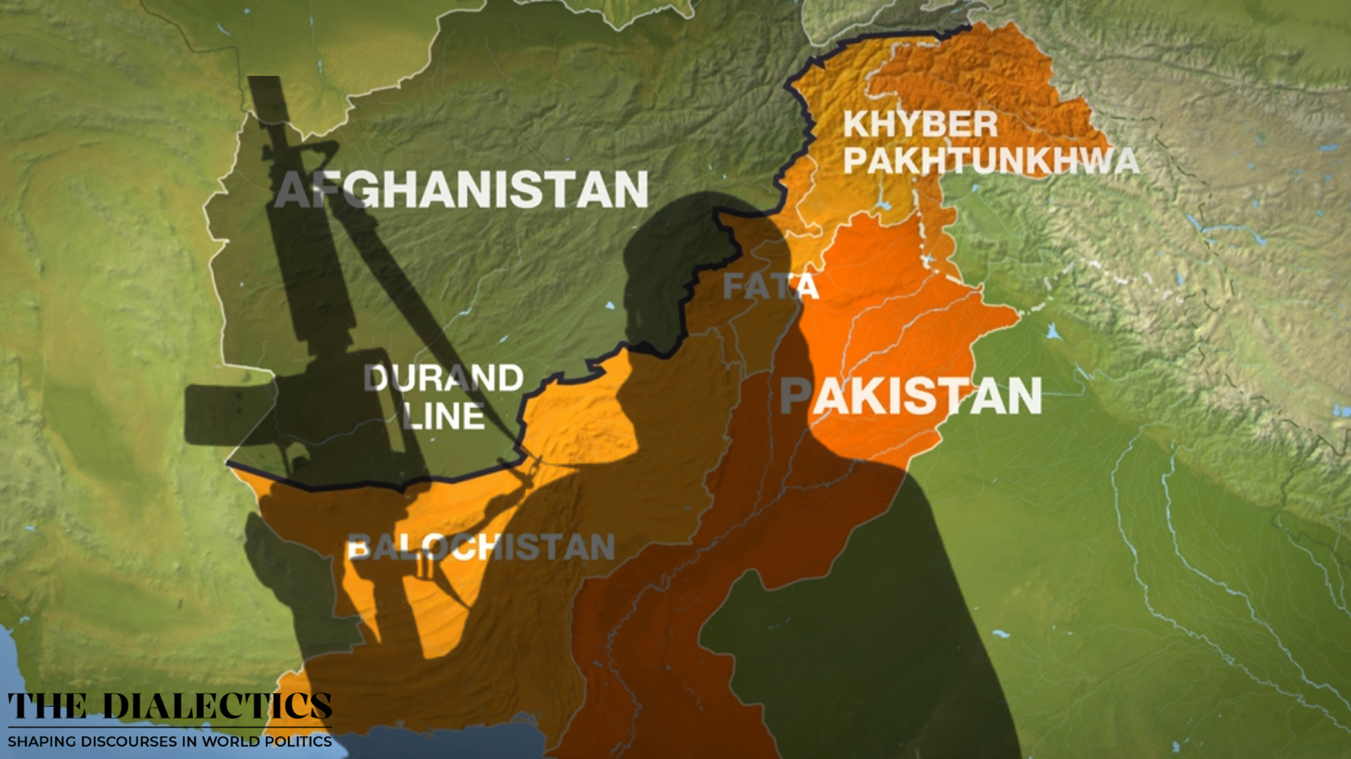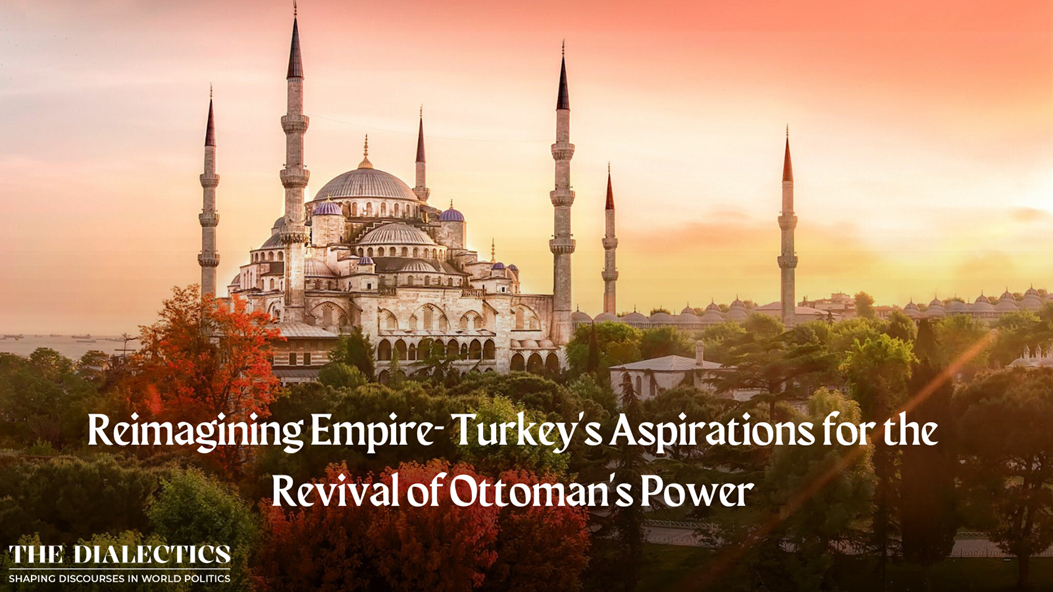For decades, India carefully steered the turbulent waters of West Asia, balancing energy security, diaspora well-being, and economic ties while maintaining a calculated distance from Israel. The relationship was taboo, steeped in ideological reservations and diplomatic tightropes. But all that has changed. Pragmatism is now at the wheel, and India is now forging closer relations with Israel while retaining its historic allies in the Gulf and Iran. The question on everyone’s mind is: Can India manage these alliances without dropping the ball?
India’s Long-Standing Connections with West Asia and a Pro-Palestine Posture
India recognized Israel in 1950 but left diplomatic relations on the backburner till 1992. Why? Because post-independence India was balancing on a diplomatic tightrope. Being a supporter of Israel, a state born in the name of religious identity, would have gone against its own ideological resistance to the creation of Pakistan. Further, India had long been an advocate of the Palestinian cause, standing shoulder to shoulder with the Arab world against Western imperialism.
The financial interests were similarly significant. Remittances were pouring back into India from millions of Indian labourers in the Gulf, and the Middle East’s oil was India’s lifeblood. If that wasn’t sufficient, India also anticipated winning Arab support on the perpetually contentious issue of Kashmir. And finally, there was the Cold War aspect. With the USSR aligned behind Arab countries and the US with Israel, India’s policy of non-alignment understandably swung behind the Arab block.
This position was evident in India’s diplomatic forays. From voting against the partition of Palestine in 1947 to vigorously opposing Israel at the UN, India made its allegiances evident. It even co-sponsored resolutions critical of Israel and rejected its UN membership. However, loyalty has two sides, and India would soon find that its consistent pro-Arab stance wasn’t reaping the dividends it had anticipated.
Dejection that Led to Rethinking
Despite its best attempts at winning over the Arab world, India was offered cold shoulders instead. The shock came in 1962 when Arab countries followed Pakistan’s stance on Kashmir during the UN forum. The wound ran deeper with the 1969 Rabat Conference when India’s representative was disgracefully not allowed in. And if all that was not enough, Arab countries either supported Pakistan or remained neutral during the Bangladesh Liberation War while Israel, of all countries, provided support to India during the Kargil and India-China War. Reality struck home: India’s supposed allies were only looking out for themselves, and blind allegiance wasn’t doing India any good. It was time to change its diplomatic strategy.
From Ideology to Pragmatism
By the late 1980s, the winds of change were sweeping in. India could no longer afford to overlook the benefits of an alliance with Israel. Why? To begin with, Israel had proved a good friend during India’s disputes with Pakistan and China. The Kargil War was the turning point—Israel furnished India with vital surveillance intelligence that turned the tide. Besides, the collapse of the Soviet Union made India need new friends, and the increased influence of the US made Israel an inevitable partner. Economic liberalization in 1991 provided a further thrust, as Western banking institutions subtly pressured India towards normalization with Israel. Simultaneously, the Arab world was changing too. Egypt and Jordan were coming to terms with Israel. Even the Soviet Union was thawing its relations with Tel Aviv. India understood that it was a losing proposition to stick to outmoded policies. The consequence? Diplomatic relations with Israel were established in 1992 at last.
India-Israel Relations: A Strategic Evolution
The Indo-Israeli relations soared like a rocket. Defence cooperation became the jewel in the crown of the alliance, and India became one of Israel’s largest arms-purchasing nations. Israel not only exported weapons—it gave India access to cutting-edge technology and counter-terror know-how that strengthened India’s security machine. Technology and agriculture took their cue. Israel’s innovative water-saving methods were revealed to Indian agriculturists, turning deserts into fields of fertility. Commerce soared, ranging from diamonds, oil products, and high-tech devices. India imported $662 million worth of Israeli weaponry in just seven months by 2014. Diplomatic relations reached unprecedented levels after 2014, as high-level visits clinched strategic partnerships. India’s response to the 2023 Israel-Hamas conflict was an instructive sign of its changed position: condemning Hamas while staying diplomatically mum on Israeli military operations. The signal was unmistakable—Israel was now not merely a supporting ally but an important strategic ally.
Implications for India-West Asia Relations
India’s changing West Asia policy is a balancing act in diplomacy. The Abraham Accords have redrawn the regional alignments, creating opportunities for India to increase its engagement with Israel and Gulf countries. With the UAE having normalized relations with Israel, India can now cultivate trilateral cooperation in trade and technology. The India-Israel-UAE alliance is a goldmine yet to be tapped. Israel’s technological expertise, the Gulf’s economic heft, and India’s human resources form a winning mix. The changing geopolitical terrain results in the Israel-Palestine dispute, though still relevant, no longer overshadowing West Asia’s agenda. Economic realism is now centre stage, and India stands to gain.
Strains with Traditional Allies
But the journey isn’t smooth. India’s increasing closeness with Israel threatens to estrange Iran, a strategic ally and major energy supplier. The Chabahar Port project granting India vital access to Central Asia may run into trouble if Iran feels betrayed by India’s overtures to Israel. Besides, not all Arab states are with Israel. If India’s tilt towards Israel is viewed as anti-Muslim, it could imperil its reputation in the Arab world. Since there’s a huge Indian diaspora in the Gulf, one wrong move can have economic realities. There’s also China, which is slowly making forays into West Asia, sealing deals and expanding its sphere of influence. India needs to handle this with care lest it loses further ground.
Balancing Act: Manoeuvring Rivalries and Alliances
For India, the game is balance. It needs to reaffirm its support for Palestine but deepen ties with Israel. It needs to diversify its energy imports without cutting ties with Iran. And it needs to push back against China’s increasing footprint without upsetting key regional players. One of the directions is through trilateral alliances such as the India-Israel-UAE corridor, which is economically and strategically advantageous. India can also emerge as a mediator in regional disputes, capitalizing on its historical connections with both Palestine and Israel. Soft power diplomacy, cultural exchanges, and people-to-people relations will further entrench India’s presence in West Asia.
Conclusion
India’s foreign policy transition is not only about Israel; it’s about adjusting to a new world order. The era of dogmatic postures is past. Presently, India is playing realpolitik and taking on a multiplicity of actors to derive its maximum strategic benefit. While the sands keep changing in West Asia, India will have to keep itself flexible, pragmatic, and most importantly, strategic. A single false move may be too expensive—yet a skilfully calibrated move can make India an equal or more than equal among powers in West Asia.





